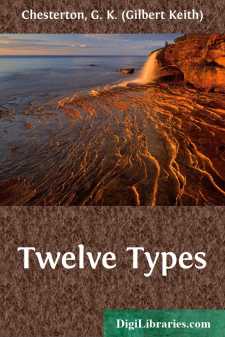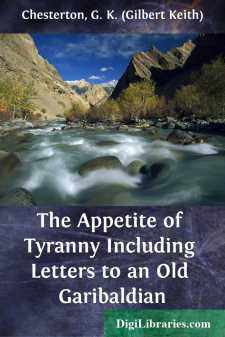Categories
- Antiques & Collectibles 13
- Architecture 36
- Art 48
- Bibles 22
- Biography & Autobiography 813
- Body, Mind & Spirit 142
- Business & Economics 28
- Children's Books 15
- Children's Fiction 12
- Computers 4
- Cooking 94
- Crafts & Hobbies 4
- Drama 346
- Education 46
- Family & Relationships 57
- Fiction 11828
- Games 19
- Gardening 17
- Health & Fitness 34
- History 1377
- House & Home 1
- Humor 147
- Juvenile Fiction 1873
- Juvenile Nonfiction 202
- Language Arts & Disciplines 88
- Law 16
- Literary Collections 686
- Literary Criticism 179
- Mathematics 13
- Medical 41
- Music 40
- Nature 179
- Non-Classifiable 1768
- Performing Arts 7
- Periodicals 1453
- Philosophy 64
- Photography 2
- Poetry 896
- Political Science 203
- Psychology 42
- Reference 154
- Religion 513
- Science 126
- Self-Help 84
- Social Science 81
- Sports & Recreation 34
- Study Aids 3
- Technology & Engineering 59
- Transportation 23
- Travel 463
- True Crime 29
The Defendant
Description:
Excerpt
A DEFENCE OF PENNY DREADFULS
One of the strangest examples of the degree to which ordinary life is undervalued is the example of popular literature, the vast mass of which we contentedly describe as vulgar. The boy's novelette may be ignorant in a literary sense, which is only like saying that a modern novel is ignorant in the chemical sense, or the economic sense, or the astronomical sense; but it is not vulgar intrinsically—it is the actual centre of a million flaming imaginations.
In former centuries the educated class ignored the ruck of vulgar literature. They ignored, and therefore did not, properly speaking, despise it. Simple ignorance and indifference does not inflate the character with pride. A man does not walk down the street giving a haughty twirl to his moustaches at the thought of his superiority to some variety of deep-sea fishes. The old scholars left the whole under-world of popular compositions in a similar darkness.
To-day, however, we have reversed this principle. We do despise vulgar compositions, and we do not ignore them. We are in some danger of becoming petty in our study of pettiness; there is a terrible Circean law in the background that if the soul stoops too ostentatiously to examine anything it never gets up again. There is no class of vulgar publications about which there is, to my mind, more utterly ridiculous exaggeration and misconception than the current boys' literature of the lowest stratum. This class of composition has presumably always existed, and must exist. It has no more claim to be good literature than the daily conversation of its readers to be fine oratory, or the lodging-houses and tenements they inhabit to be sublime architecture. But people must have conversation, they must have houses, and they must have stories. The simple need for some kind of ideal world in which fictitious persons play an unhampered part is infinitely deeper and older than the rules of good art, and much more important. Every one of us in childhood has constructed such an invisible dramatis personæ, but it never occurred to our nurses to correct the composition by careful comparison with Balzac. In the East the professional story-teller goes from village to village with a small carpet; and I wish sincerely that anyone had the moral courage to spread that carpet and sit on it in Ludgate Circus. But it is not probable that all the tales of the carpet-bearer are little gems of original artistic workmanship. Literature and fiction are two entirely different things. Literature is a luxury; fiction is a necessity. A work of art can hardly be too short, for its climax is its merit. A story can never be too long, for its conclusion is merely to be deplored, like the last halfpenny or the last pipelight. And so, while the increase of the artistic conscience tends in more ambitious works to brevity and impressionism, voluminous industry still marks the producer of the true romantic trash. There was no end to the ballads of Robin Hood; there is no end to the volumes about Dick Deadshot and the Avenging Nine....












